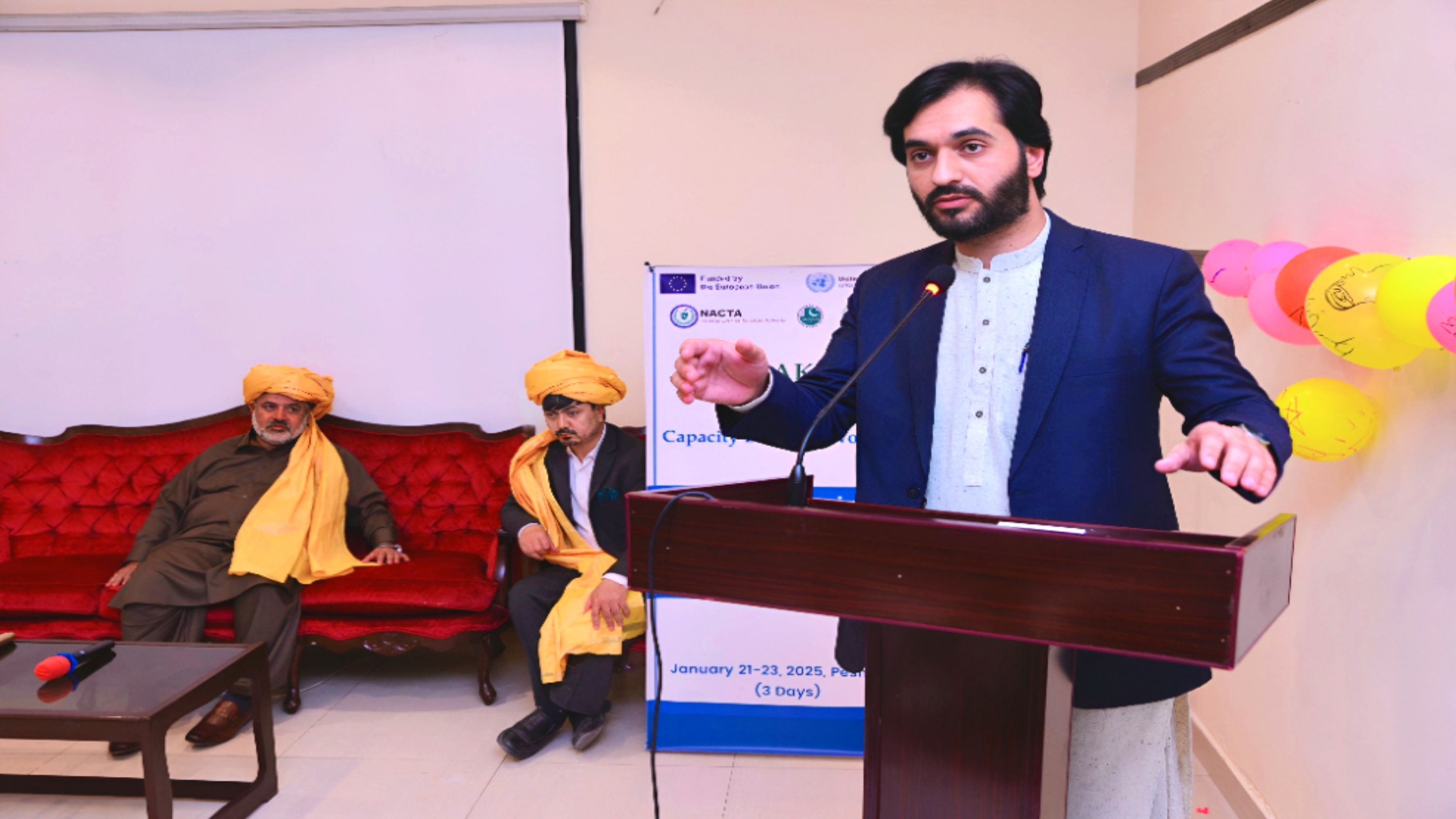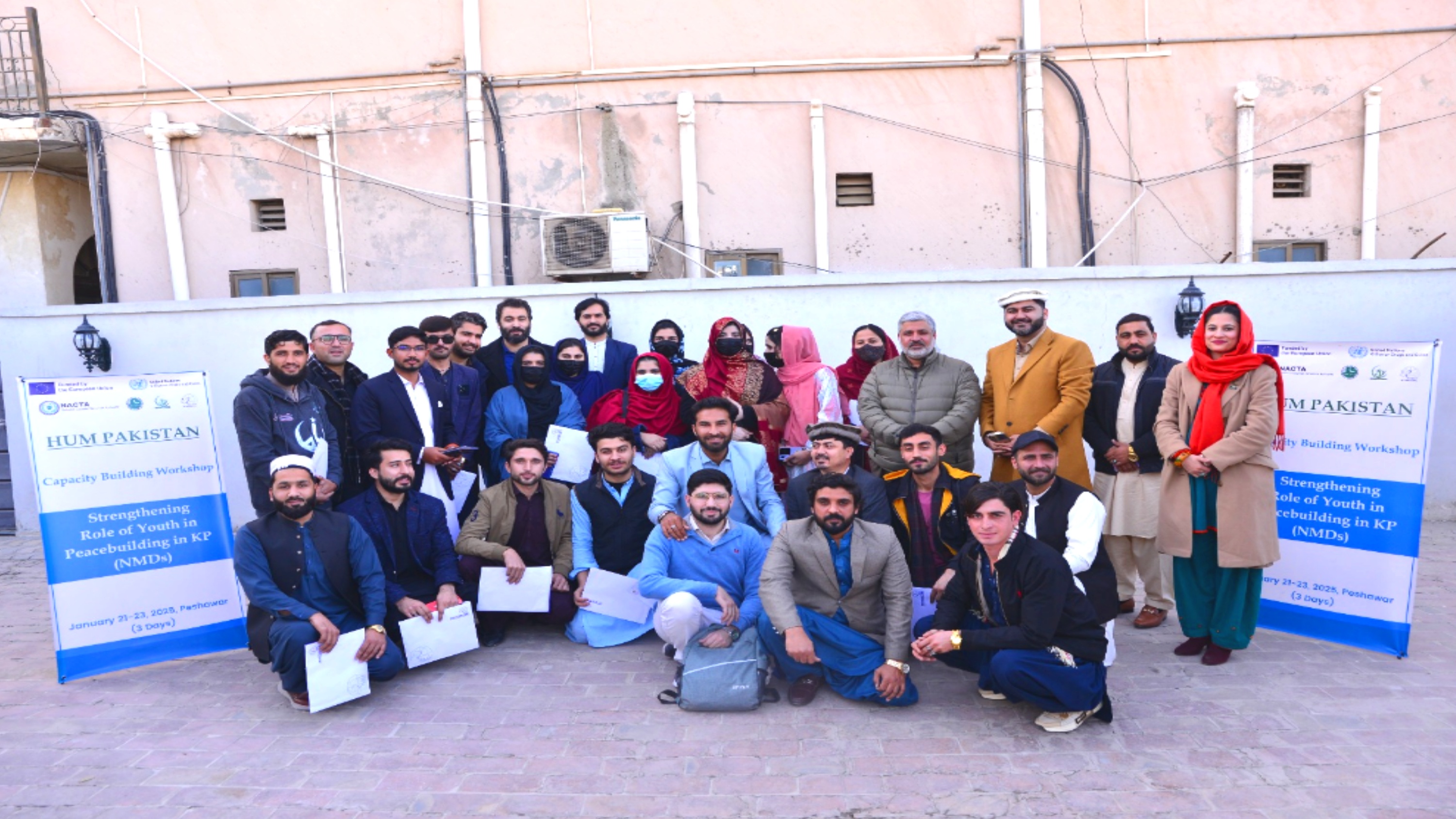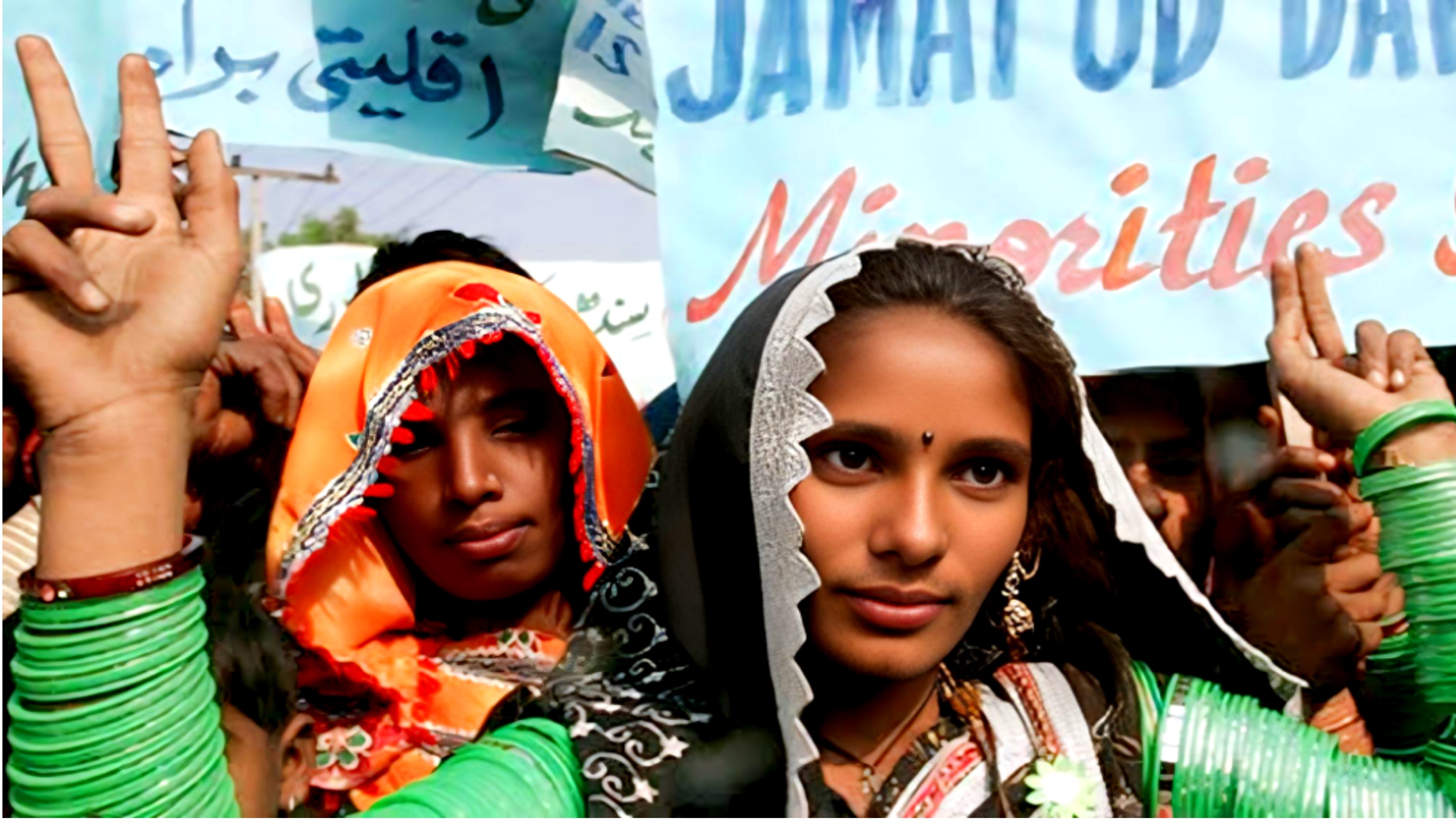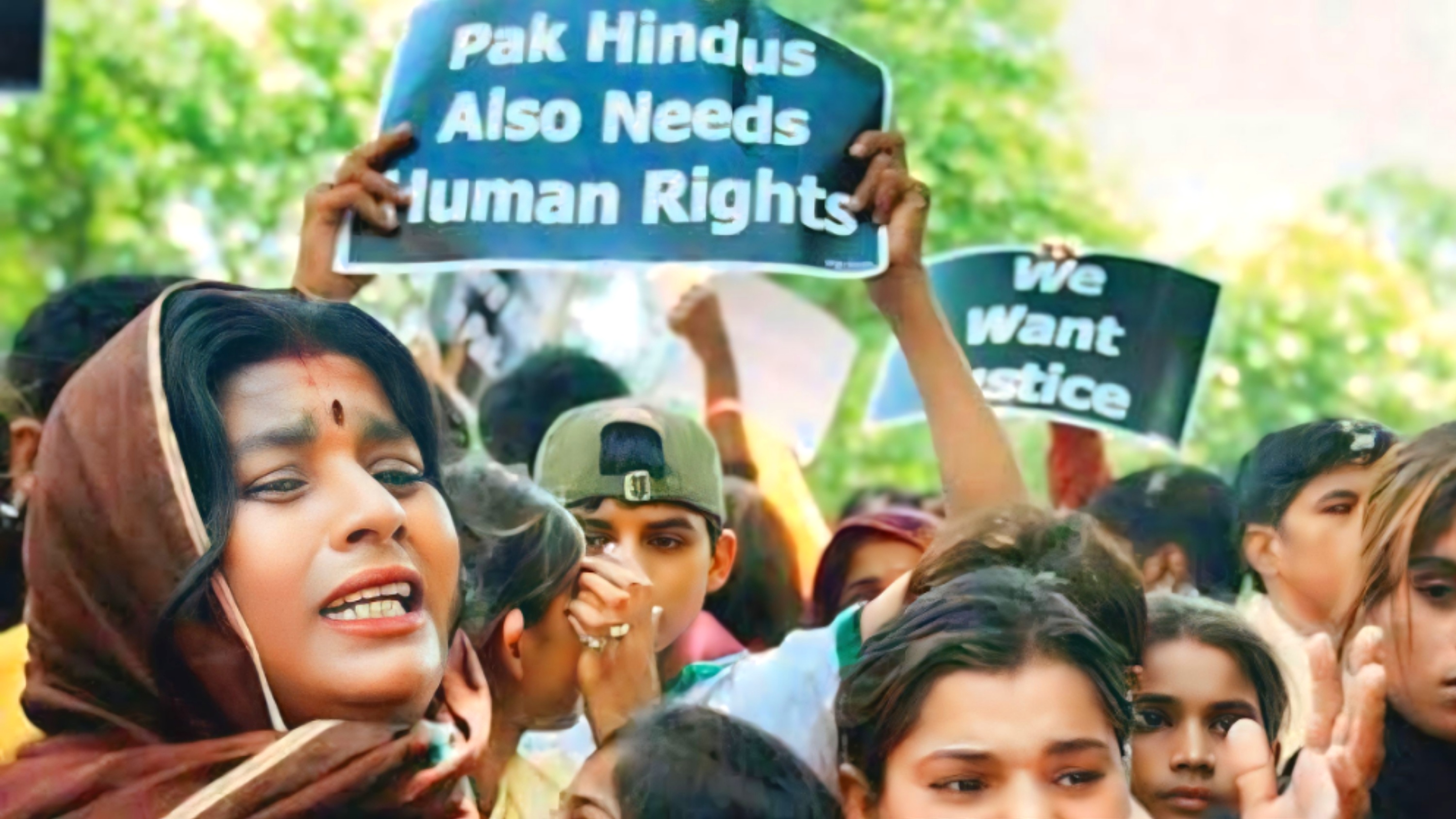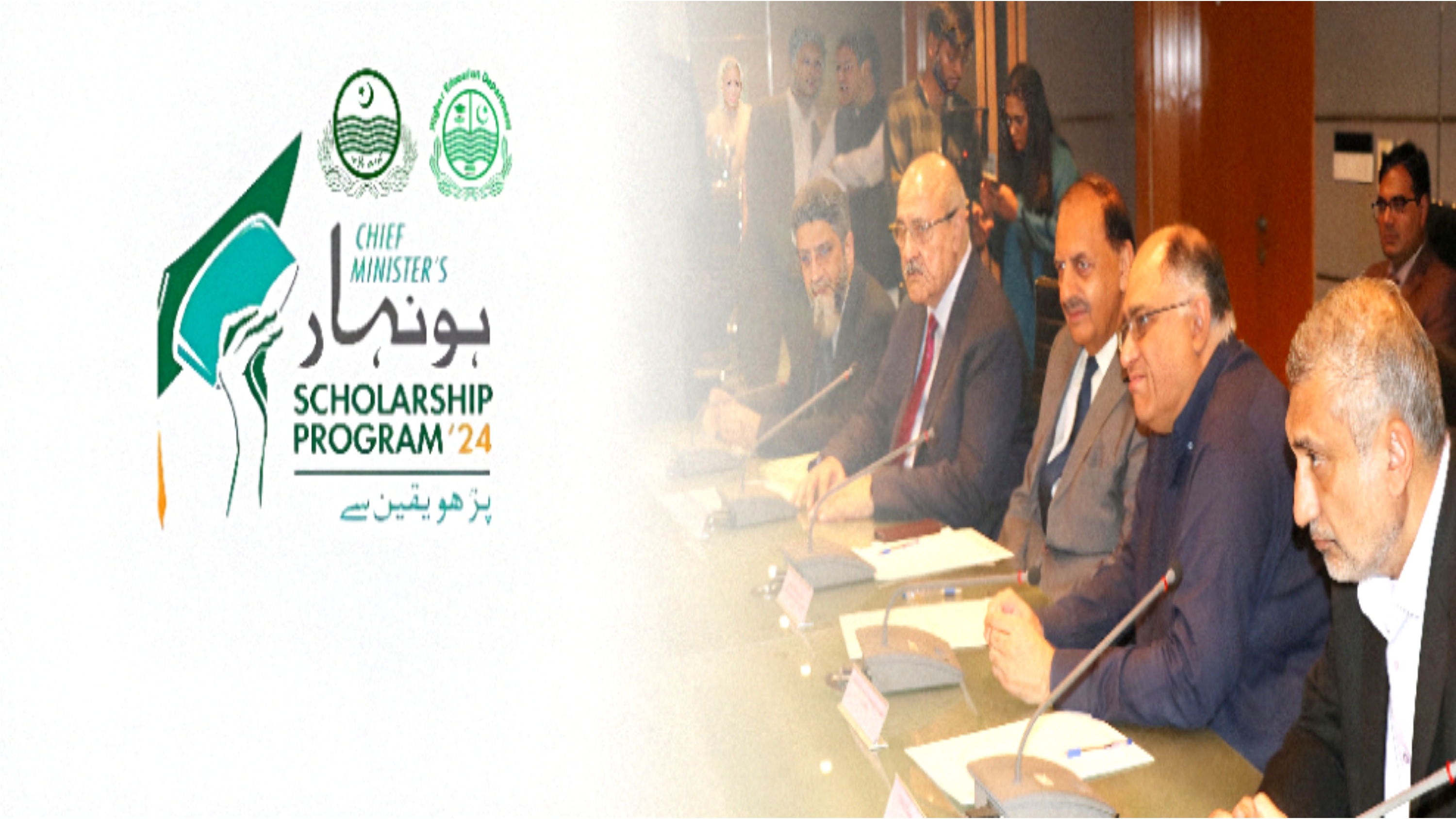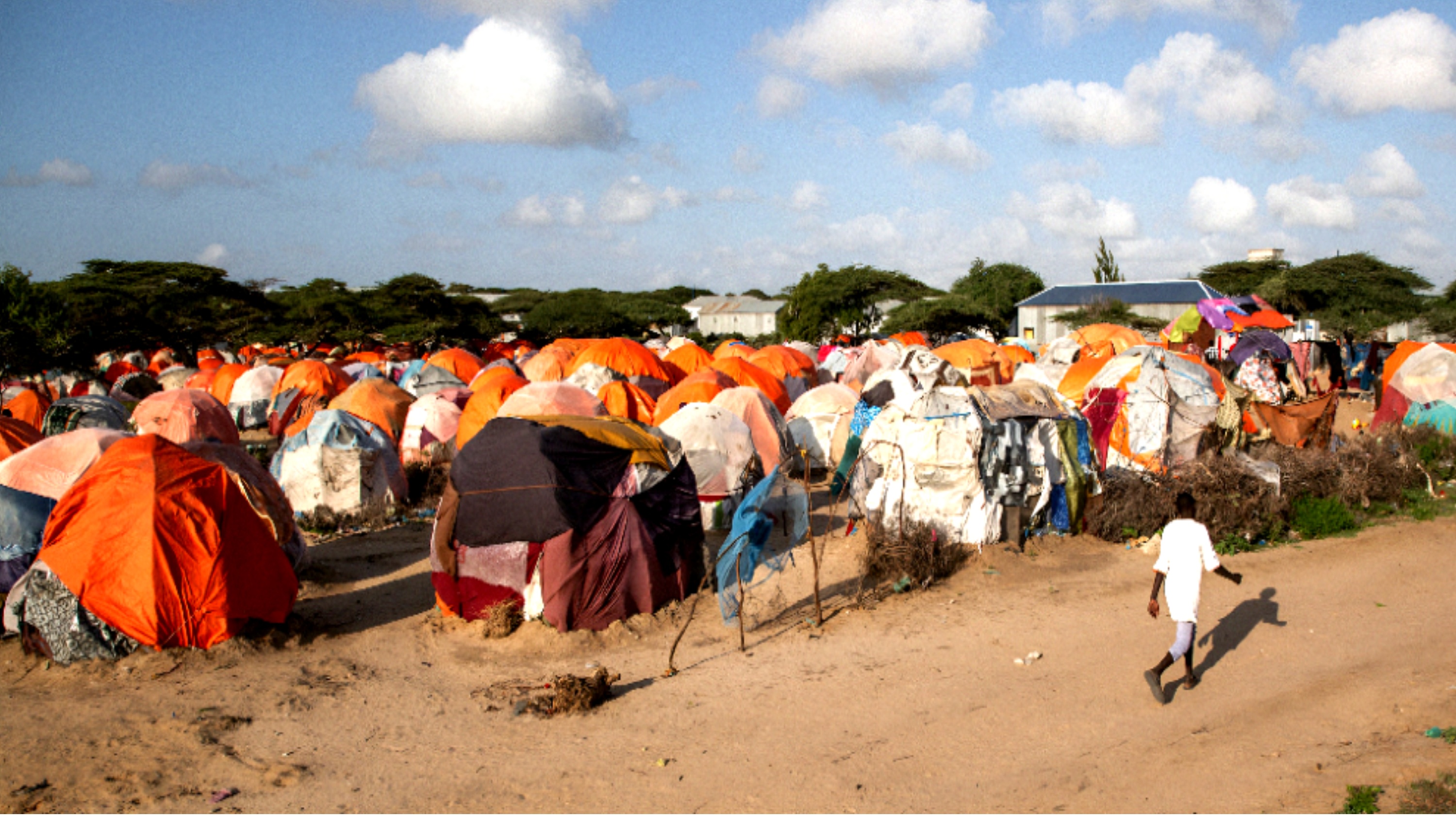Report: Today marks the celebration of International Education Day, a day observed globally with the aim of highlighting the importance of education.
Across the world, various governmental and non-governmental organizations hold events and deliver speeches emphasizing the value of education. However, this day often ends like many before it—limited to formal gatherings and speeches—while millions of children remain deprived of their right to education.
Despite the annual observance of this day and others dedicated to children’s welfare, such as the Day Against Child Labor and Children’s Protection Day, the world continues to neglect its responsibility. Military conflicts and political struggles directly and indirectly devastate the lives of countless children.
Directly, children impacted by national and international conflicts suffer immensely, with their numbers reaching 480 million.
Indirectly, millions of others are affected by global powers’ lack of seriousness regarding climate change, exposing them to the consequences of environmental disasters. Furthermore, religious, social, and political extremism disproportionately victimizes children worldwide.
Despite numerous efforts to protect children, UNESCO reports that 251 million children and youth remain out of school globally. Of these, 129 million are boys and 122 million are girls. The contributing factors include socio-cultural barriers, economic challenges, lack of school infrastructure, and disparities based on gender, socio-economic status, and geography.
According to the official statistics, in Pakistan, 26.2 million children—39% of the school-age population—are out of school, while Afghanistan faces a similar crisis with 3.7–4.2 million children excluded from education, including more than two million girls. India has identified over 1.17 million out-of-school children in just the first eight months of the 2024–25 fiscal year. In sub-Saharan Africa, 98 million children are out of school, a number that continues to rise despite international efforts. The Middle East and North Africa region also faces significant challenges, with 30 million children unable to attend school, leaving at least one in three children out of the classroom.
The reasons for this global crisis are multifaceted. Poverty remains a significant barrier, as families struggle to afford school supplies, transportation, and basic necessities. Conflicts render education unsafe due to political instability, wars, and attacks on schools. Inadequate funding leads to a lack of qualified teachers, poor sanitation, and insufficient infrastructure. Gender inequality, discrimination against girls and ethnic minorities, and economic pressures driving child labor further exacerbate the issue. Humanitarian crises, such as refugee displacement and climate change, create additional obstacles to education.
The United Nations has taken steps to address this crisis, such as the 2022 Transforming Education Summit, the Education Cannot Wait fund, and the UN Day Schools Program. These initiatives aim to improve education quality, equity, and access, particularly in emergencies and protracted crises. The UN also provides guidance to governments on addressing education challenges by prioritizing investments in educational infrastructure, recruiting and training teachers, scaling up science and technology education, and ensuring equity and gender equality.
On the occasion of International Education Day, while we often witness formal meetings and speeches with limited practical outcomes—evidenced by the increasing number of out-of-school children over the years—there are still glimmers of hope that inspire optimism. One such beacon of hope is Murtaza Mehsud, a young visionary from the war-torn and poverty-stricken tribal district of Waziristan in Pakistan. Despite the challenges of conflict, poverty, and social extremism, Murtaza refused to succumb to despair. Between 2017 and 2024, he took groundbreaking initiatives in Peshawar, providing free technical education to over 7,000 children from tribal areas. Not only did he educate these children, but he also equipped them with the skills to become responsible, self-reliant members of society.
In an exclusive interview with Human Online, Murtaza emphasized that Education is the foundation of a progressive society, asserting that educated individuals can shape a conscious and responsible community. He believes that without education and skills, societies breed extremism, which paves the way for conflict, ultimately harming humanity at large.
Murtaza’s efforts to educate and empower the next generation of war-affected tribal areas reflect his commitment to blocking the pathways to conflict. He serves as a role model, demonstrating how determined individuals can bring about transformative change. On this special day, we dedicate our thoughts to Murtaza Mehsud and countless others like him, whose practical efforts ensure a brighter and more peaceful future for humanity.
International Education Day serves as a powerful reminder of the transformative potential of education in shaping societies, reducing inequalities, and fostering peace. While the challenges remain immense—ranging from poverty and conflict to systemic inequalities—the inspiring story of individuals like Murtaza Mehsud proves that change is possible, even in the most challenging circumstances. To honor this day meaningfully, global leaders, organizations, and communities must move beyond rhetoric to take tangible actions that prioritize access to quality education for all children, regardless of their circumstances. Only through collective commitment and sustained efforts can we ensure that education truly becomes the cornerstone of a better and more equitable future for generations to come.

